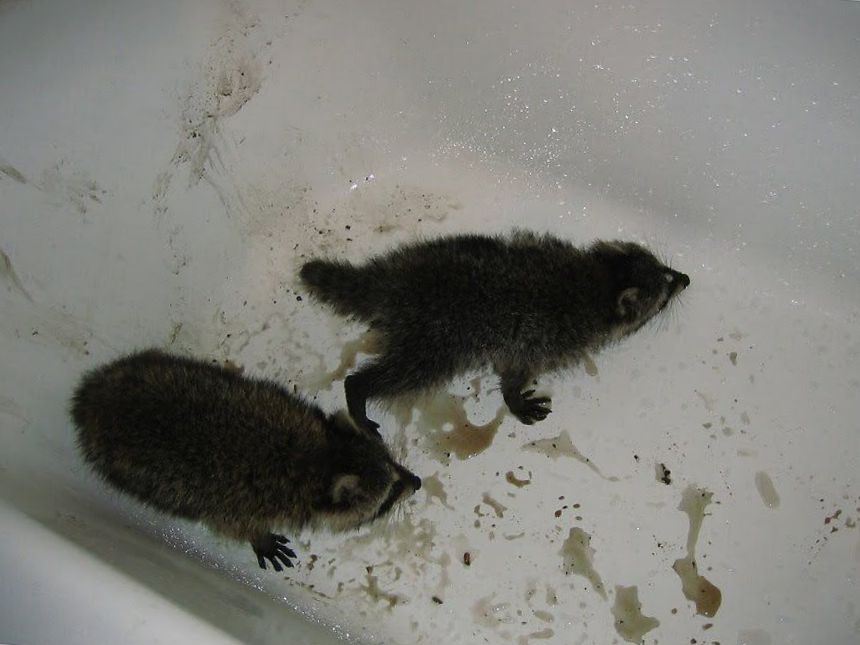- info@pestcontrolwildlife.com
Call us for help in your town
America's Wildlife Experts
Wild Animal Diseases – What You Need to Know

Being born and living in the wild, a wild animal has a much stronger immune system compared to humans or pets. They are used to the harsh environment, as well as the possible health risks. However, that doesn't mean that they don't get sick. They do, and they rely on natural instincts to heal themselves from wild animal diseases.
If you or your pets spend a lot of time outdoors, then you need to be aware of the wild animal diseases. More often than not, wild animals that are infected with diseases don't look sick. And that's why it is advisable to watch wildlife from afar. Being close to wild animals, their droppings, or urine can spread the disease to you and your pet.
Keep in mind that there are three types of diseases. These are diseases only wild animal get, diseases human can catch, and ones pet can catch.
Diseases Only Wild Animal Get
The following are just some of the diseases that can only affect wild animals. One of them is Fibropapillomatosis, which only affects sea turtles. Experts believe it is caused by viruses that lead to tumors on the skin. The tumors make it hard for turtle to swim, see, or even eat. Plus it weakens the immune system of the turtle, making it susceptible to other diseases.
Chronic wasting disease is a contagious disease that affects elks and deer. It is a neurological disease that is caused by a modified protein known as prion.
Prairie dogs are known to be susceptible to the sylvatic plague, which is a bacterial disease transmitted by fleas. One species that is highly affected by the disease is the black-footed ferret. It can be infected by the disease, and at the same time experience a food shortage because its primary source is prairie dog.
Diseases Humans Can Catch
Animal diseases that humans can catch are known as zoonoses. There are lots of diseases that fall into this type. Humans can either get the disease straight from an animal or indirectly via the environment.
One of the most common diseases that people can get from animals is rabies. It is an acute disease that is caused by a virus. It can infect warm-blooded animals, including humans, and can be fatal when left untreated. It is important that you scrub the area with soap and water, and apply iodine o any first aid solution. Then head to the emergency room right away.
Hantavirus is another disease human can get from wild animals. It is a group of viruses that can cause febrile illness in humans that's accompanied by blood, respiratory or kidney ailments. There are instances in which it can be fatal.
These are just some of the diseases that can be transmitted by a wild animal. The best way to prevent them is to avoid contact with wild animals and their waste. Stay away from wild animals, and just observe them from a distance.


















